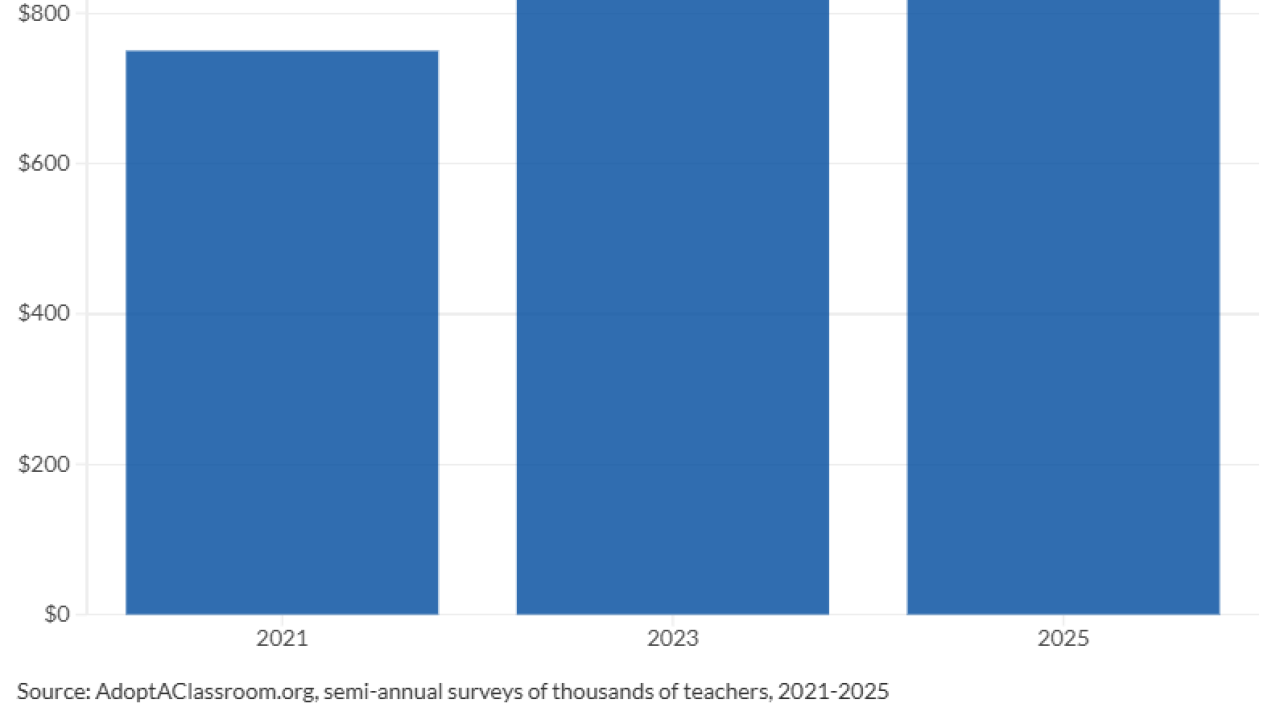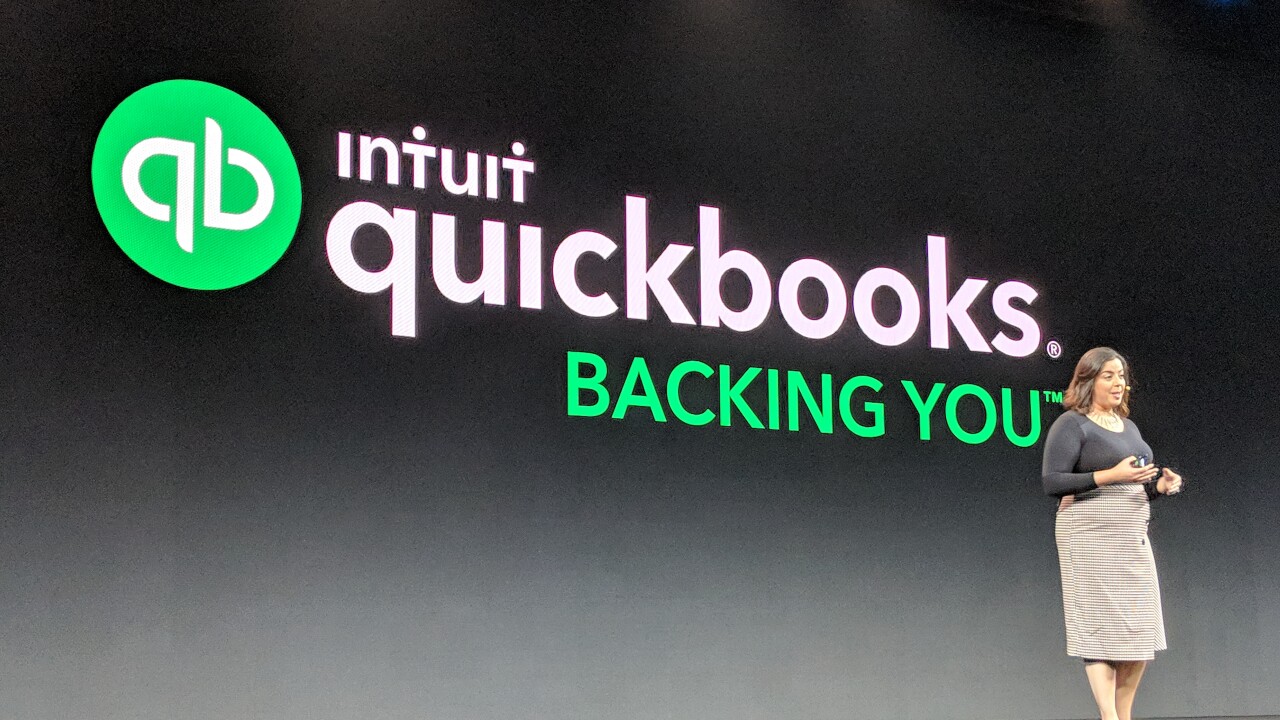Stealing her age; unmade in the U.S.A.; bad company; and other highlights of recent tax cases.
Olive Branch, Mississippi: Lisa Evans, 43, will serve a year and a half in prison for stealing more than $5 million from a pandemic relief program, according to published reports.
She was reportedly also sentenced to three years of supervised release but faced up to 20 years for conspiracy to commit wire fraud. Evans must pay $4.4 million in restitution to the U.S. Small Business Administration, news reports said, adding that she is prohibited from opening additional lines of credit without prior approval.
Between April 2020 to November 2021, Evans reportedly submitted fraudulent Paycheck Protection Program applications through her Memphis, Tennessee-based tax service USA Taxes. Evans reportedly applied for PPP loans for multiple people who weren't entitled to receive them.
A 2023 indictment detailed how Evans conspired with dozens of other owners to submit loan applications with false documents and statements, including the number of employees, the payroll of the business, and certifications of how the money would be used. After securing the loan, the business owners paid Evans a kickback of 20-30% of the loan, news outlets said.
Evans was reportedly indicted with Lina O'Dea, who allegedly created false federal documents that she used in the applications. O'Dea also pleaded guilty and reportedly awaits sentencing, according to reports.
Evans reportedly pleaded guilty in February and agreed to pay restitution in exchange for the federal government not pursuing additional charges against her for fraudulent COVID-19 relief applications submitted in 2020 and 2021, according to court records.

Vancouver, Washington: High-volume tax preparer Keith Altamirano, 52, has pleaded guilty to 16 counts of aiding and assisting in the preparation of false and fraudulent returns.
He operated Integrity Investments LLC, d.b.a. "Servicios Latinos." Between 2017 and 2021, Altamirano prepared at least 12,000 returns; analysis revealed that his false entries on clients' returns cost the U.S. Treasury more than $5 million. Altamirano is scheduled for sentencing on Dec. 19.
Altamirano falsified clients' income tax submissions by listing fake medical expenses and charitable donations for deductions, listing fake cars for depreciation and expense deductions, and by listing fabricated and inflated business expenses.
Altamirano concealed his fraud by using White Out and omitting his name on his clients' filed returns. The clients did not know Altamirano falsified their return to get them a larger refund. Altamirano's fraud also helped build his business as clients recommended him to others.
The tax loss for the 16 counts he pleaded guilty to is $104,518. Altamirano agreed to pay that amount in restitution to the IRS.
Altamirano has also pleaded guilty to attempted second-degree murder and drug charges in Clark County Superior Court. Altamirano was sentenced to 135 months of imprisonment in his state case, which will run concurrently with his federal sentence.
For each count of aiding and assisting with filing a false or fraudulent return, Altamirano faces up to three years in prison and a $100,000 fine.
Berlin, New Hampshire: Business owner Denise Thibodeau has pleaded guilty yesterday to filing a false tax return.
She owned and operated North Country Angels, a home health care business. Most of her clients were elderly individuals who needed frequent in-home health care assistance. To perform the work, Thibodeau hired caregivers and paid them under the table.
Specifically, Thibodeau required clients to pay her in checks made payable to cash. Thibodeau cashed the checks, kept a portion of the cash as her own income and paid the remainder to the caregivers without withholding any Social Security, Medicare, or federal income taxes from the caregivers' wages as required by law. She did this to conceal the wages paid to the caretakers and her own income.
On Thibodeau's individual income tax returns, she significantly underreported the income she and her business earned. For 2018 to 2020, for example, Thibodeau reported on her returns that the business earned $35,000 in gross receipts when it earned nearly $1.7 million.
Sentencing is Jan. 7. Thibodeau faces up to three years in prison. She also faces a period of supervised release, restitution, and monetary penalties.





